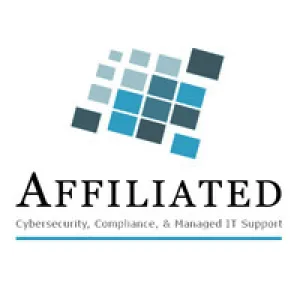July 15, 2025
When we think about cybersecurity, it's
easy to picture servers, firewalls, and fancy software. But the truth? Your
greatest defense is your people.
Most breaches start with a click—on a
link, an attachment, or a fake login screen. That's why staff training isn't
optional. It's a foundational part of your cybersecurity plan.
Effective cybersecurity awareness
training should:
- Be ongoing, not just
once a year
- Use real-life examples
from healthcare, especially LTC
- Include phishing simulations
and safe response exercises
- Teach how and when to report
suspicious activity
- Reinforce HIPAA privacy
obligations in a digital world
- Track who participates,
flag risky clickers, and include follow-up conversations
Training must go beyond the required annual
HIPAA education, which focuses on privacy and protected health information.
Cybersecurity awareness drills go deeper, helping staff build muscle memory
around real threats they'll likely face—like phishing, spoofed logins, and
shared-device risks.
According to HIPAA Journal, more than 85%
of successful cyberattacks begin with human error. But consistent training can
reduce incidents by up to 70%.
One nursing home near Columbus added
short, monthly cybersecurity moments to their all-staff meetings. Each session
included a story, a tip, and a reminder about where to report concerns. Within
months, the facility saw staff report potential phishing emails before
clicking—and avoided a real ransomware threat. They also tracked staff
responses to simulations and followed up privately with individuals who
clicked.
"The
culture of any organization is shaped by the worst behavior the leader is
willing to tolerate." - David Rendall
By contrast, another site only mentioned
cybersecurity once—during orientation. A new staffer clicked a link from an
email pretending to be HR. Sensitive employee data was compromised. When asked
why she didn't report it, she said, "I didn't think it was part of my job."
"You
can't expect people to do what they've never been taught." - Atul Gawande
Training isn't about shame—it's about
empowerment. When staff understand that they're the first line of defense, they
take pride in that role.
Does your staff know how to recognize a
cyber threat—and what to do if they see one?




